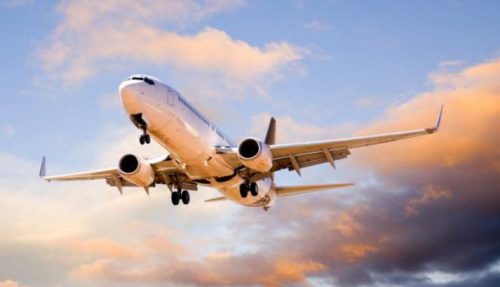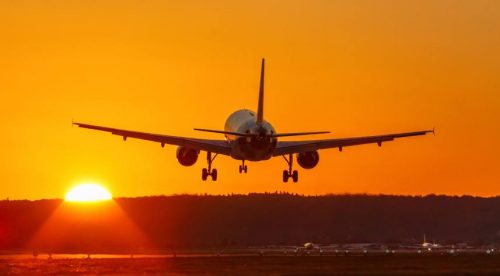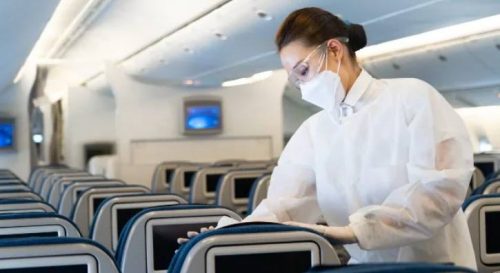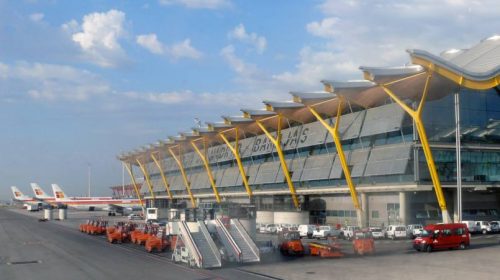Qatar Airways Joins IATA Turbulence Aware Platform
https://www.travelfoundation.org/wp-content/uploads/2021/07/qatar-airways-joins-iata-turbulence-aware-platform.jpg 500 288 wttc2 wttc2 https://secure.gravatar.com/avatar/8ceb3c33b6d7e246ff938130ace90a65?s=96&r=g
Doha, Qatar, July 14, 2021 / TRAVELINDEX / Qatar Airways and the International Air Transport Association (IATA) announced that Qatar Airways will become the first airline in the Middle East to join the IATA Turbulence Aware platform.
IATA’s Turbulence Aware helps airlines mitigate the impact of turbulence, a leading cause of passenger and crew injuries and higher fuel costs each year, by pooling and sharing anonymized turbulence data from multiple participating airlines and thousands of daily flights. The real-time, accurate information enables pilots and dispatchers to choose optimal flight paths, avoiding turbulence and flying at optimum levels to maximize fuel efficiency and thereby reduce CO2 emissions.
Qatar Airways was the first Middle Eastern airline to participate in the Turbulence Aware initiative when it was launched as a pilot project in December 2018. Turbulence Aware has since expanded into a fully operational platform with over 1,500 reporting aircraft sharing real-time turbulence data. With today’s announcement Qatar Airways has equipped 120 aircraft with the Turbulence Aware platform, with plans to expand to the rest of its fleet.
Qatar Airways Group Chief Executive, His Excellency Mr. Akbar Al Baker, said: “With safety and environmental sustainability as our top priority, we show our commitment towards responsible flying. We continue to innovate as one of the world’s leading airlines by adopting this new solution that combines technology and big data for more efficient flight planning not only to ensure a smooth journey, but also to reduce fuel burn, in turn lowering our carbon emissions. To make flying safer and more sustainable, the airline industry must leverage such digital innovations, and work together to share turbulence data for more precise forecasting.”
IATA’s Director General, Willie Walsh, said, “We welcome this major commitment from Qatar Airways in becoming the first Middle East airline to join the Turbulence Aware program. This will significantly increase the coverage area for this important safety and operational initiative, providing real-time turbulence information not only to Qatar Airways aircrew, but to all the other participating airlines. Qatar Airways has a long history of working with IATA and supporting us on multiple industry initiatives.”
The challenge of managing turbulence is expected to grow as climate change continues to impact weather patterns. This has implications for both safety and efficiency of flight. Turbulence Aware is a significant improvement in turbulence reporting and avoiding excess fuel consumption.
Qatar Airways also see this as a contributor to helping the aviation industry tackle its carbon targets, alongside other initiatives like carbon offsetting, sustainable aviation fuels, electric aircraft, and general awareness about the impact of flying.
First published at TravelCommunication.net
First published at TravelNewsHub.com – Global Travel News











